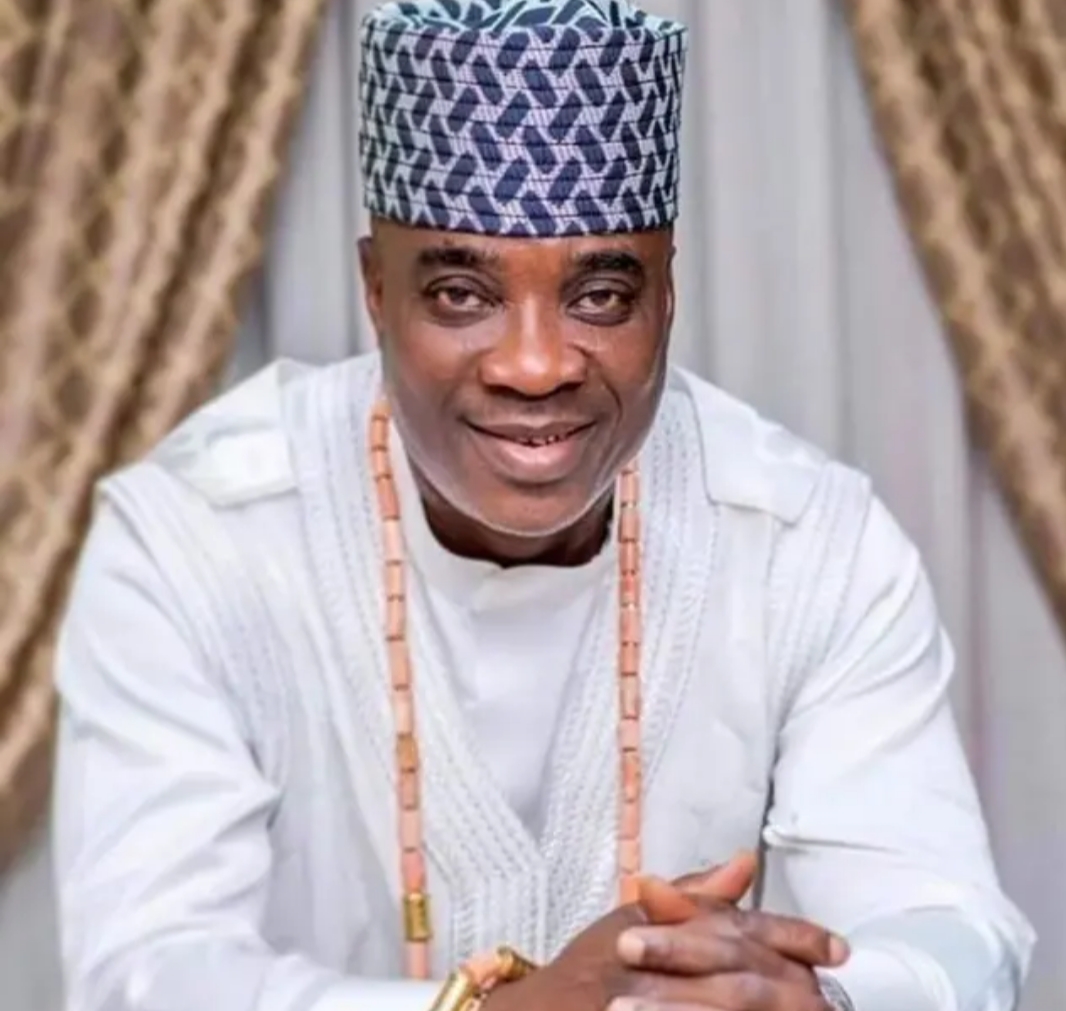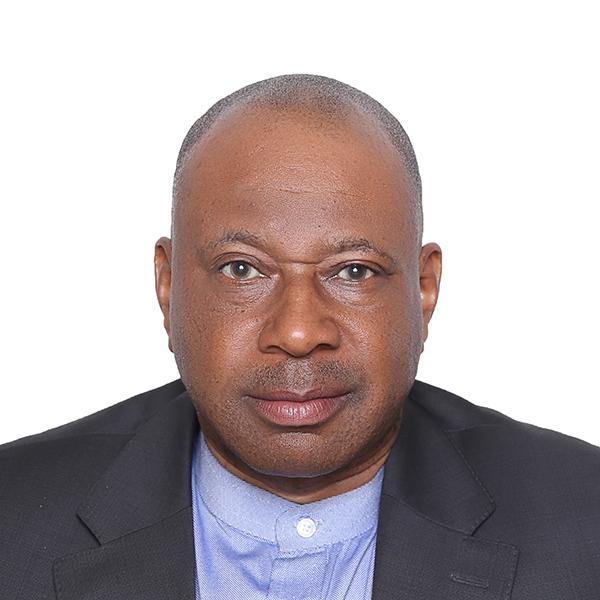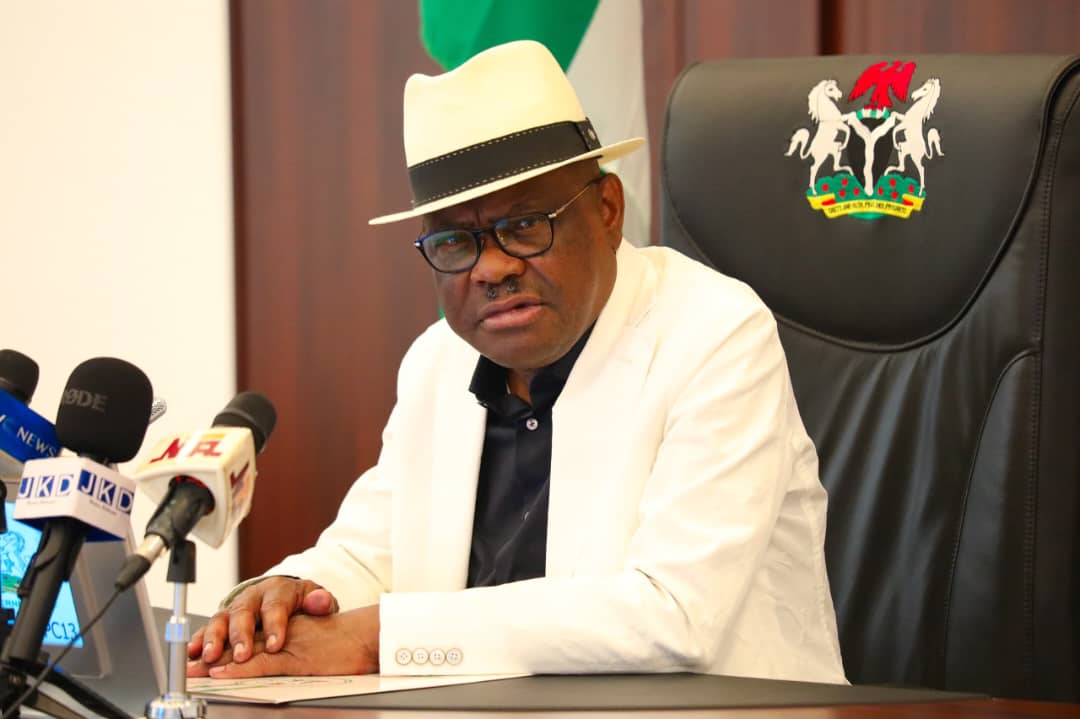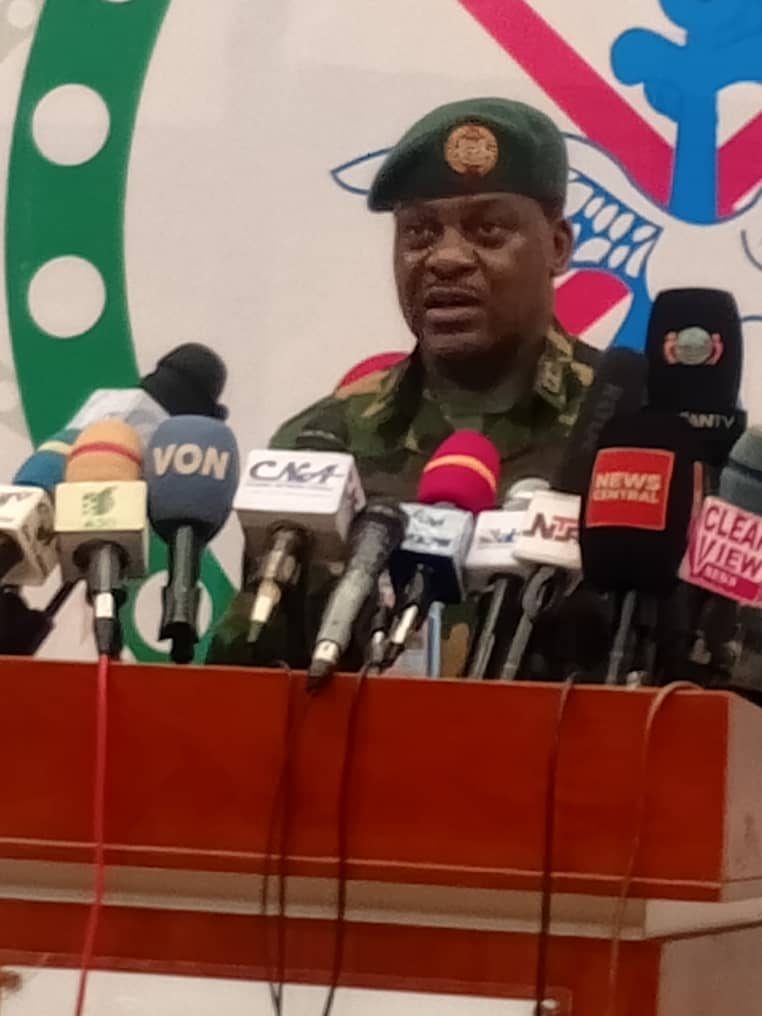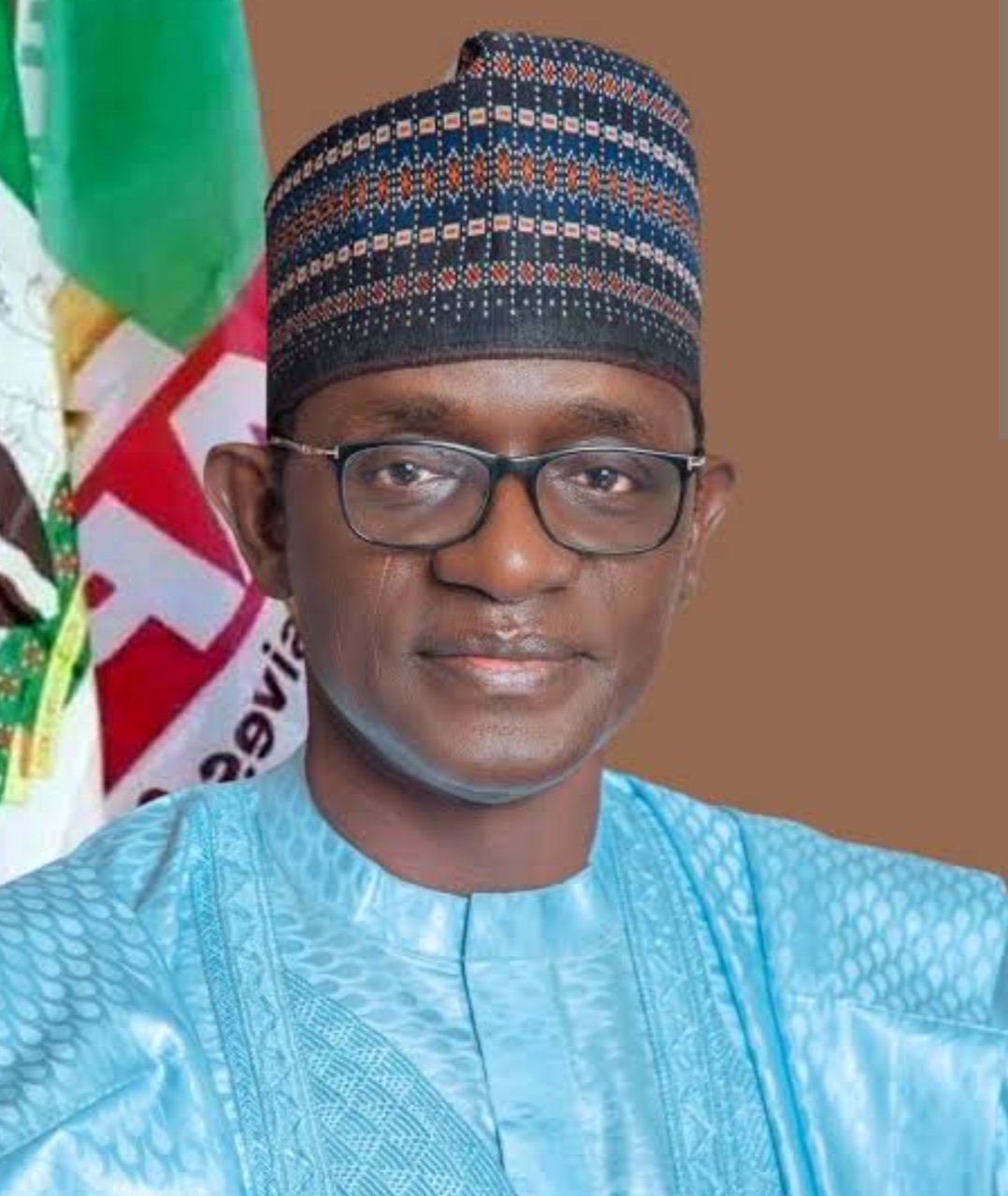The Rivers State Police Command has opened a formal investigation into disturbing allegations of sexual abuse involving two minors—an 11-year-old girl and a 10-year-old boy—against a 45-year-old man identified only as Pascal, who is now on the run.
The case, registered at the Nkpolu Police Division (UST) in Mile 3 Diobu, Port Harcourt, followed complaints lodged by the victims’ parents, facilitated by human rights advocate Prince Wiro, National Coordinator of the Centre for Basic Rights Protection and Accountability Campaign.
According to statements gathered by investigators, the suspect, a former neighbour on Christ Apostolic Street, Mile 3 Diobu, now residing in the Pipeline area of Egbelu, Obio/Akpor LGA, allegedly abused the children repeatedly over several months.
The father of the girl reported that Pascal entered their home in his absence to assault his daughter and also took her to his own residence. The mother of the boy said she became aware of the abuse after her son complained of persistent anal pain and, upon questioning, confessed to being violated by the suspect for about six months.
Prince Wiro confirmed accompanying the families to the police station, where the children were issued medical forms and referred for examination. He commended the Divisional Police Officer for professional handling of the case while calling for a thorough investigation.
Wiro also condemned attempts by persons claiming to represent the Egbelu landlords’ association to mediate privately rather than ensuring the suspect faced legal action.
In a troubling disclosure, the suspect admitted in communication that he had begun negotiating a settlement with the girl’s father, describing the matter as “small” and claiming it would be resolved amicably.
However, the father of the girl has strongly denied any out-of-court settlement, insisting that the law must take its course.
Police sources say Pascal has since absconded, missing a scheduled meeting with the victims’ families, and efforts are underway to track and apprehend him.
The Rivers State Police Command has assured the public that the investigation will be pursued diligently to ensure justice for the minors.


